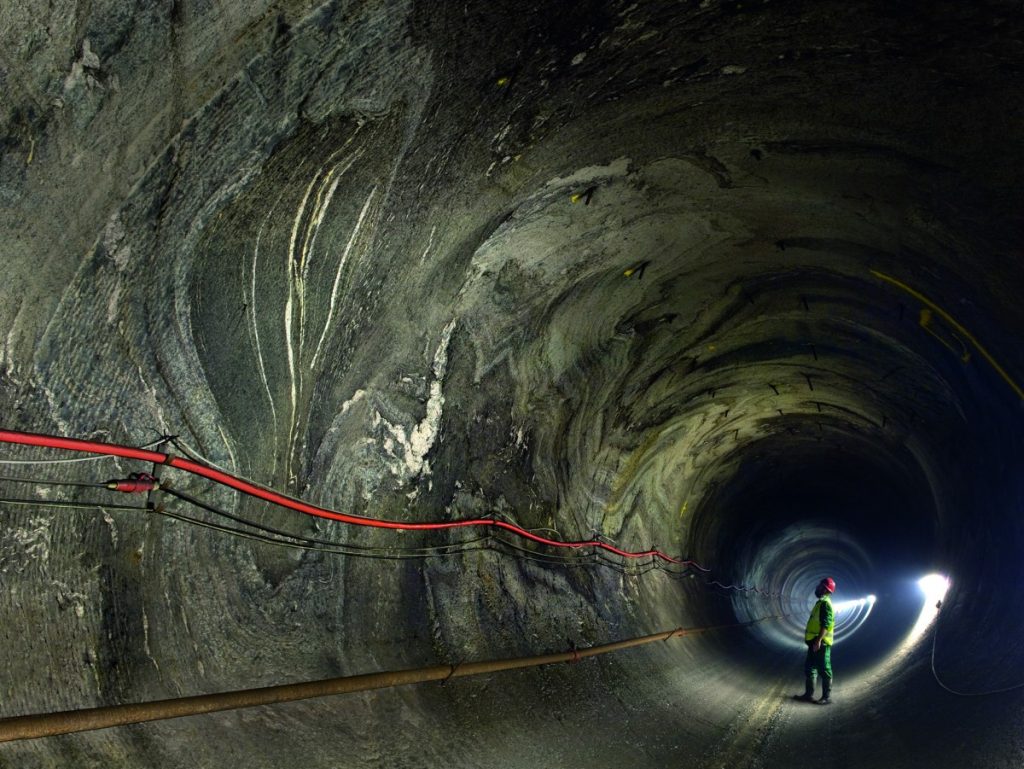Austerity Britain: No light at the end of the tunnel, Cameron warns
David Cameron has offered his gloomiest take yet on the longevity of the government's spending cuts agenda.
The prime minister used a newspaper interview to warn that the unpopular deficit reduction plan being pushed through by Conservatives and Liberal Democrats would continue well into the next parliament.
"I can't see any time soon when the pressure will be off," he told the Telegraph.
"I don't see a time when difficult spending choices are going to go away."


The coalition's next spending review covering the period from 2014 to 2017 is set to continue the austerity drive, as the ongoing eurozone crisis continues to suppress growth in the UK economy.
That is bad news for those who hoped the spending cuts drive would not continue beyond 2015, as ministers had initially promised.
The double-dip recession is effectively prolonging the period of public spending cuts, forcing Cameron to admit well before the 2015 election that further austerity will be necessary.
"Obviously it's been a very tough time to be in government but I think the most important thing is we've given Britain a secure plan for getting out of the debt and the deficit and the difficulties that we inherited," the prime minister added.
"The sense I get of the mood of the British public is of very fair-minded people: they say it's very difficult, they're quite pessimistic about the state of the world and the state of the world economy and their own finances.
"They know it's tough, they know it's difficult, they know that none of these things are going to be easily done."
Cameron's claim is not backed up by the polls, which suggest the public is turning its back on his government.
Just 28% of the public think the coalition is dealing with the economic crisis effectively, according to an Ipsos Mori poll released yesterday. That compares with 59% backing the Tories and Lib Dems to deal with the crisis in May 2010.
Poor polling numbers are increasing the chances that the Lib Dems could break away from the coalition government before the next general election.
Some dissatisfied right-wingers are already calling for the Tories to govern with a minority in the Commons from spring 2015, propped up by the Lib Dems on a 'confidence and supply' basis.
When asked whether this is an option, Cameron said: "I think the coalition will run to 2015. How exactly you separate before an election and fight an election: to be determined."
Tensions over Lords reform, a key Liberal Democrat policy goal, could play an important role in determining the future of the current administration.
Cameron suffered his largest rebellion yet on a whipped vote in the Commons last week, when 81 Conservative MPs opposed reform of the House of Lords.
Despite continuing to formally push ahead with the policy, the Conservative leader hinted that he was not as opposed to such rebellions as might have been the caser in the past.
"If no one who ever voted against the government [got a] ministerial office … [Iain] Duncan-Smith wouldn't be in the Cabinet," Cameron said.
"I think politics has changed, there are people who come with more strong and independent views.
"It's difficult in coalition because sometimes you're coming forward with proposals that your coalition partners are more enthusiastic about than you are."

